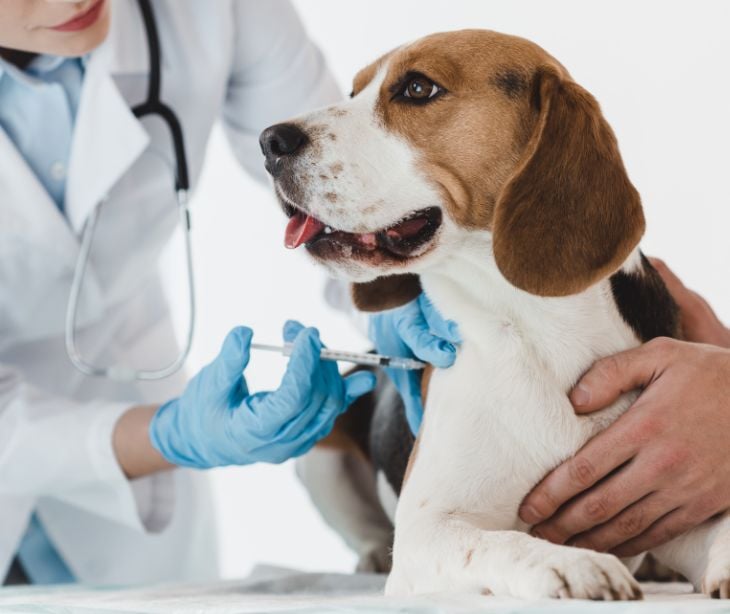
The Health Insurance Portability and Accountability Act (HIPAA) is a federal law that establishes standards for safeguarding sensitive patient health information. This legislation does not apply to veterinary practices in the same manner as it does to human healthcare facilities. However, it can provide guidelines for veterinarians to protect the sensitive information of their patients.
Understanding HIPAA
HIPAA ensures the privacy and security of individuals' protected health information (PHI). It applies to healthcare providers, health plans, and healthcare clearinghouses that handle PHI, establishing stringent standards for data protection, patient rights, and administrative requirements.
Go deeper: What is HIPAA?
HIPAA and veterinary practices
Unlike human healthcare facilities, veterinary practices are not directly governed by HIPAA. However, this does not mean that veterinarians are exempt from protecting their patients' sensitive information. While the law's primary focus is on human health data, its underlying principles of confidentiality and privacy can be adapted to safeguard veterinary records and client information.
Adapting HIPAA guidelines for veterinary practices:
- Implementing privacy policies: Veterinarians can develop comprehensive privacy policies outlining how they collect, use, and disclose patient information. These policies should emphasize confidentiality and obtain client consent for sharing information when necessary.
- Securing electronic records: While veterinary practices may not be required to comply with HIPAA's electronic health record (EHR) security standards, they can adopt similar measures to protect electronic records.
- Training staff: Just as HIPAA mandates training for healthcare staff, veterinarians can ensure their team members are educated on the importance of patient confidentiality.
- Maintaining physical security: To safeguard patient information, veterinary practices can implement protocols similar to those stated by HIPAA for securing physical records and facilities.
- Ensuring client communication: Veterinarians should inform clients about how their pets' information will be used and shared, respecting their preferences regarding communication channels and consent for sharing medical records with third parties.
See also: HIPAA Compliant Email: The Definitive Guide
FAQs
Are there specific regulations governing veterinary patient information?
While there may be state or local regulations regarding the confidentiality of veterinary records, there is no federal law equivalent to HIPAA for animal healthcare providers.
Why is protecting patient information important in veterinary medicine?
Protecting patient information is essential to maintaining client trust, ensuring the quality of care, and upholding ethical standards within the veterinary profession.
How can veterinarians protect the privacy of animal health information?
It is the ethical and legal responsibility of veterinarians to uphold patient confidentiality, which also extends to animals. This can be achieved by enacting measures to secure electronic and paper records, obtaining informed consent for treatment from pet owners, and only sharing information following applicable laws.
See also: Patient consent: What you need to know
Subscribe to Paubox Weekly
Every Friday we bring you the most important news from Paubox. Our aim is to make you smarter, faster.




